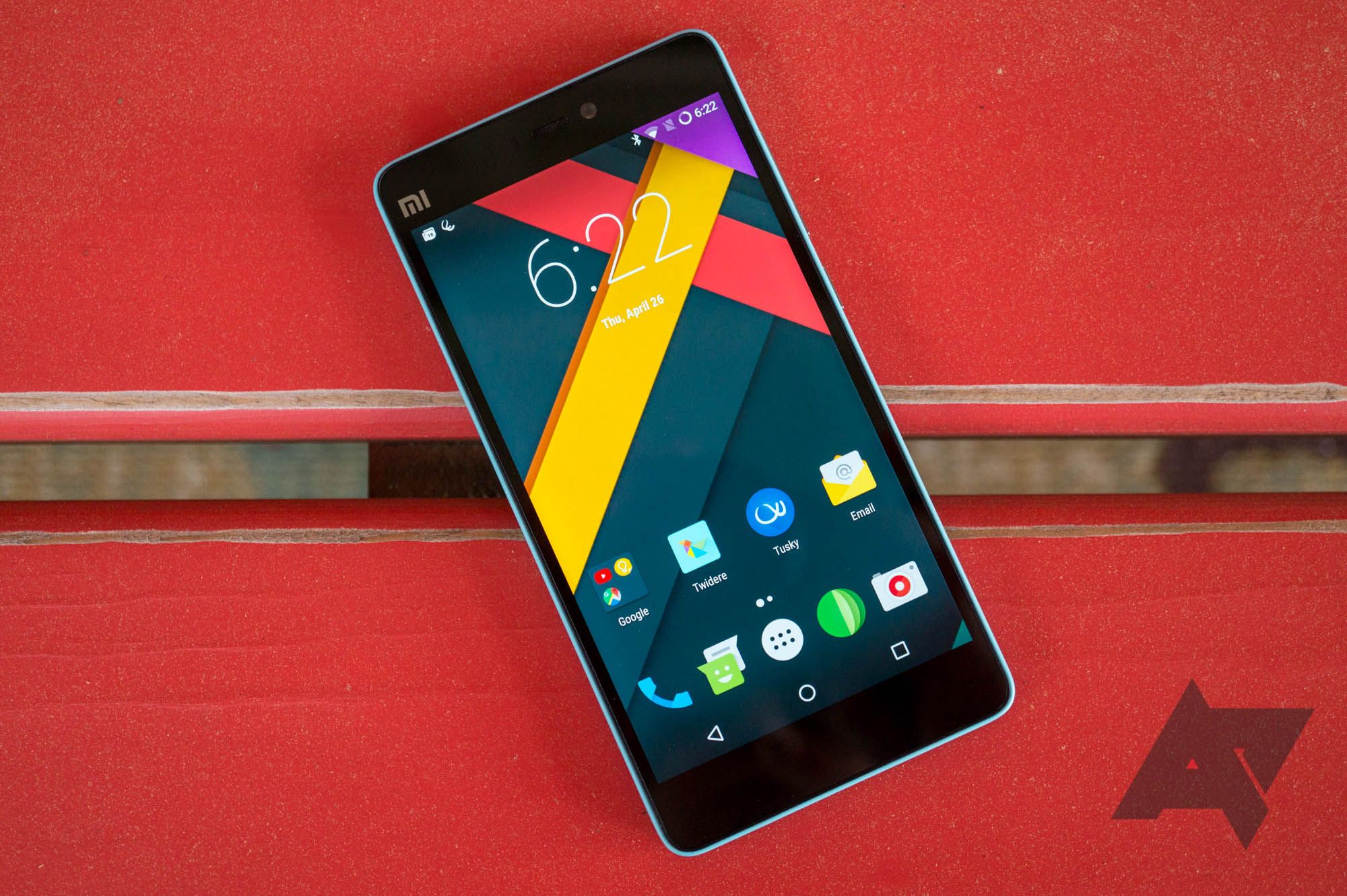latest

F-Droid just learned a vital trick from the Play Store
The open-source app store can now install updates fully in the background
Android has supported alternative app stores since its inception, but for the longest time, they haven’t been treated as equal citizens compared to the Play Store (or Android Market in the beginning). Google has been working on improving support, with an API that allows for unattended, hands-free updates representing a vital advancement introduced in Android 12. One and a half years later, one of the most popular distributors of open-source apps finally added support for this API.

Threema is now on F-Droid, completely free from Google code
Threema Libre takes privacy to the next level
Threema's instant messenger has proven to be an answer to security and privacy concerns surrounding WhatsApp and Telegram. It has also managed to provide an alternative to Google's push notifications with the introduction of Threema Push, allowing you to be more independent of Google services. Now, the company has gone a step further by introducing Threema Libre, a variant of its app that is completely free from any proprietary dependencies.

F-Droid: the definitive un-Play Store
An app store for Android that appeals to FOSS-heads. What's not to love?
Most Android devices (at least those that are decidedly not made by Huawei) come equipped with the Google Play Store. Sure, there are notable outliers, like Amazon Fire tablets, which are somewhat locked into Amazon's parallel app ecosystem, but those are the exceptions that prove the rule. While other device vendors and mobile carriers have historically offered their own app stores, there's also a carrier/network independent distribution system for Android apps: Say hello to F-Droid, the free and open alternative to commercial app stores.

Technically speaking, Android is open-source. This means anyone can look at the operating system's code, or change it - this is how OEMs like HTC and Samsung add their own tweaks. That openness has often been a rallying cry for hardcore Android enthusiasts. Why use a closed platform like iOS, when you can have a free and open-source platform?

F-Droid, the most popular open-source app store, got a rather significant facelift last May and was further refined with the release of v1.0 in October. Now it's been updated to v1.1, which brings privacy preferences, search enhancements, UI improvements, bug fixes, and more.

If you are a big Android enthusiast, then you're probably familiar with the name F-Droid. If not, it's an extensive repository of open source apps, as well as the name of its accompanying client. Today that client has been updated to v1.0.

Boris Kraut, the former lead app maintainer for F-Droid, has announced in a recent post to the site's forums that he is leaving the project. Among the reasons cited for his departure were a lack of interest and motivation due to not actually using Android himself, as well as some internal disagreement about the best way to handle some future challenges the organization faces. He will still be around in the F-Droid IRC in the meantime.

F-Droid has just released its latest lovely layout to stable. The old three-tab design has been replaced, along with new visual changes to app listings and category navigation. In addition to the UI changes, there are a few other new features like new notifications and translations. F-Droid has been working on the redesign for the last six months and released it for testing in early April. But as of today, it has left alpha.

My first computer was an old laptop with a dead battery and a dial-up modem. It ran Windows XP, but I didn't have the money to buy expensive software like Microsoft Office or PhotoShop. I discovered OpenOffice.org, AbiWord, and GIMP. I used Firefox, Thunderbird, and Pidgin.Back then free cloud services weren't yet around, and I didn't have a strong enough Internet connection even if they were. Without an understanding of what open source software was, such applications gradually formed the majority of what I used. When I later went to college, I embraced Linux, and my appreciation for open source software grew.The last time I wrote one of these things, I was using a Chromebook Pixel as my primary computer. I considered this an experiment with a commercially viable Linux distribution. It was fun, but I ultimately didn't like some of the changes Google made to the experience in order to push its online services. I knew I was giving up some control just by buying a Chromebook, but these instances made me feel even more powerless over my machine.Android has put me through some of the same emotions. During my time at Android Police, I've watched applications and services come and go, again and again. Some have undergone such drastic changes that they are hardly recognizable. Many solutions have shifted to the cloud, where they're particularly impacted by the need to turn a profit, acquisitions, and corporate decisions. Then there are all the data breaches. And even when things are working as planned, it's all still dependent on having Internet access.Being from rural America, and still having family there, I continue to find myself in a situation where Internet access isn't guaranteed enough for me to trust my computing in the cloud. The connection is great where I live and in the area around me, but I don't have to drive far before I find myself back in the sticks.So, at the beginning of this year, I returned back to my free and open source software-using ways. I've made some changes to my workflow that mark a return to my comfort zone. I am again in a position where I feel empowered, productive, and in control. And frankly, the software I use now reminds me that computing can be fun.With that out of the way, let me show you my stuff.






